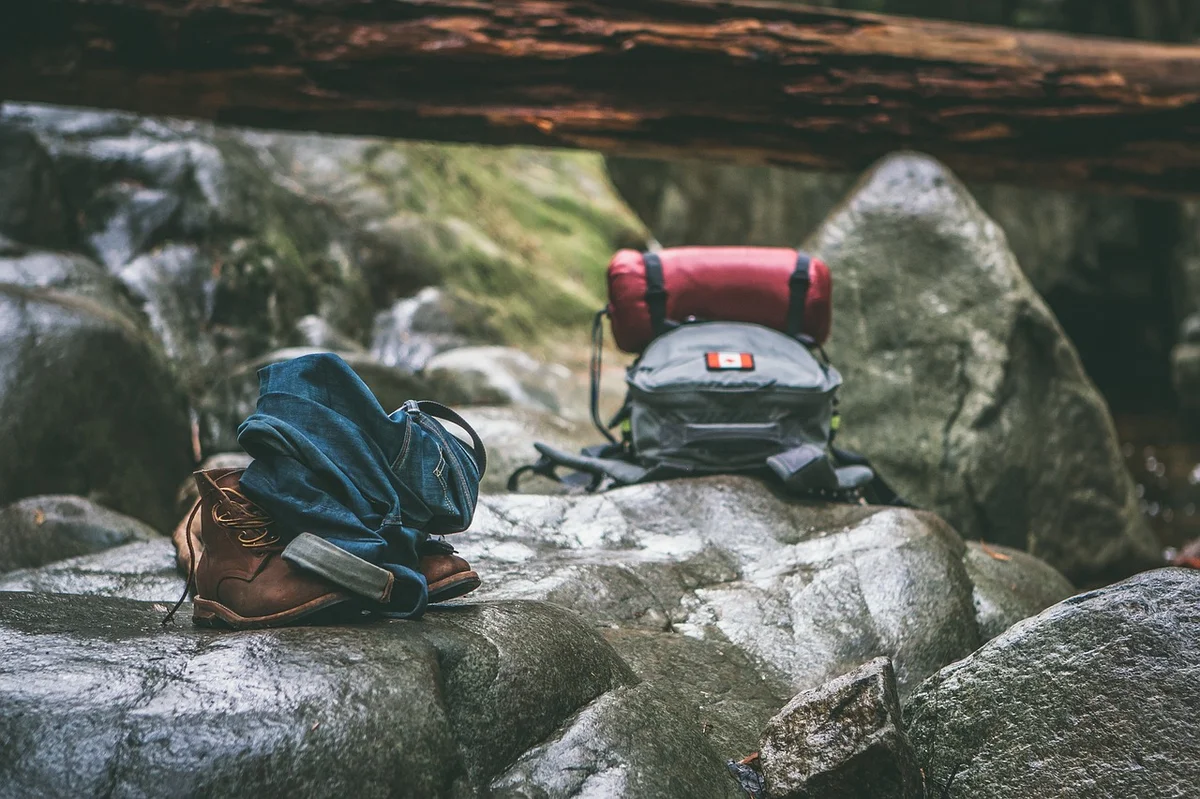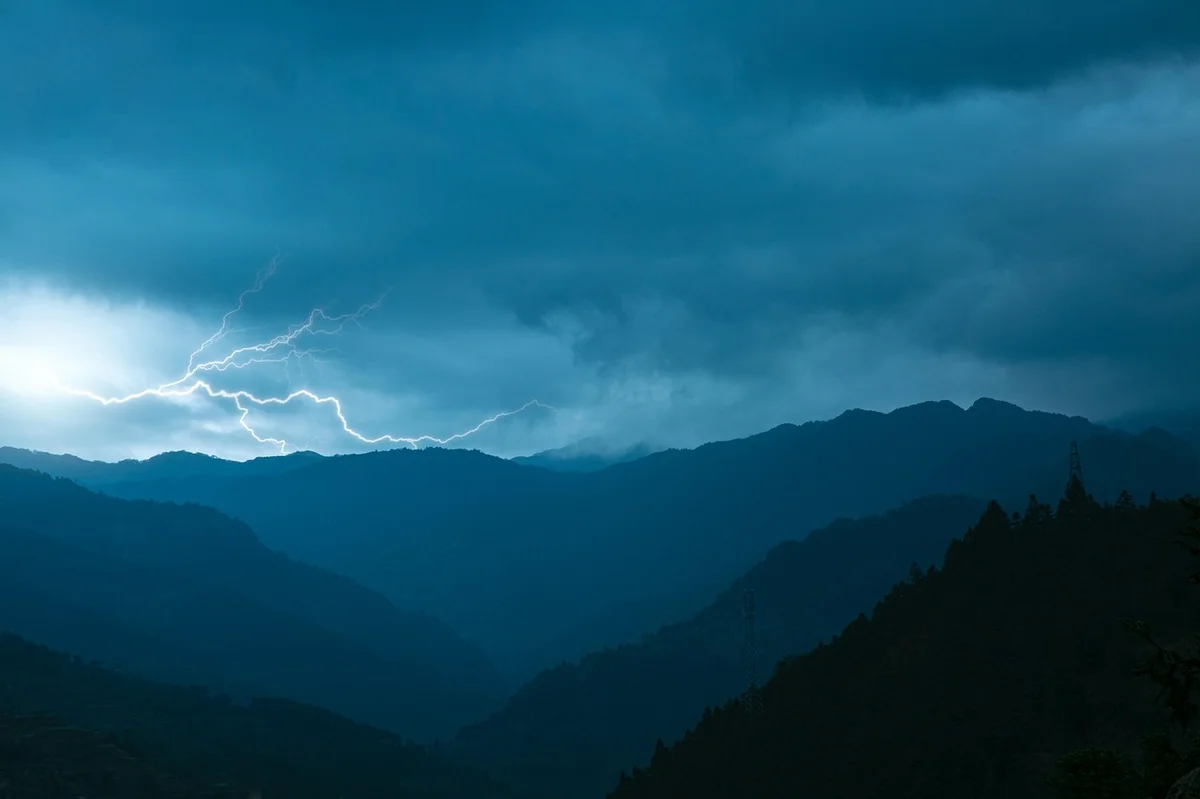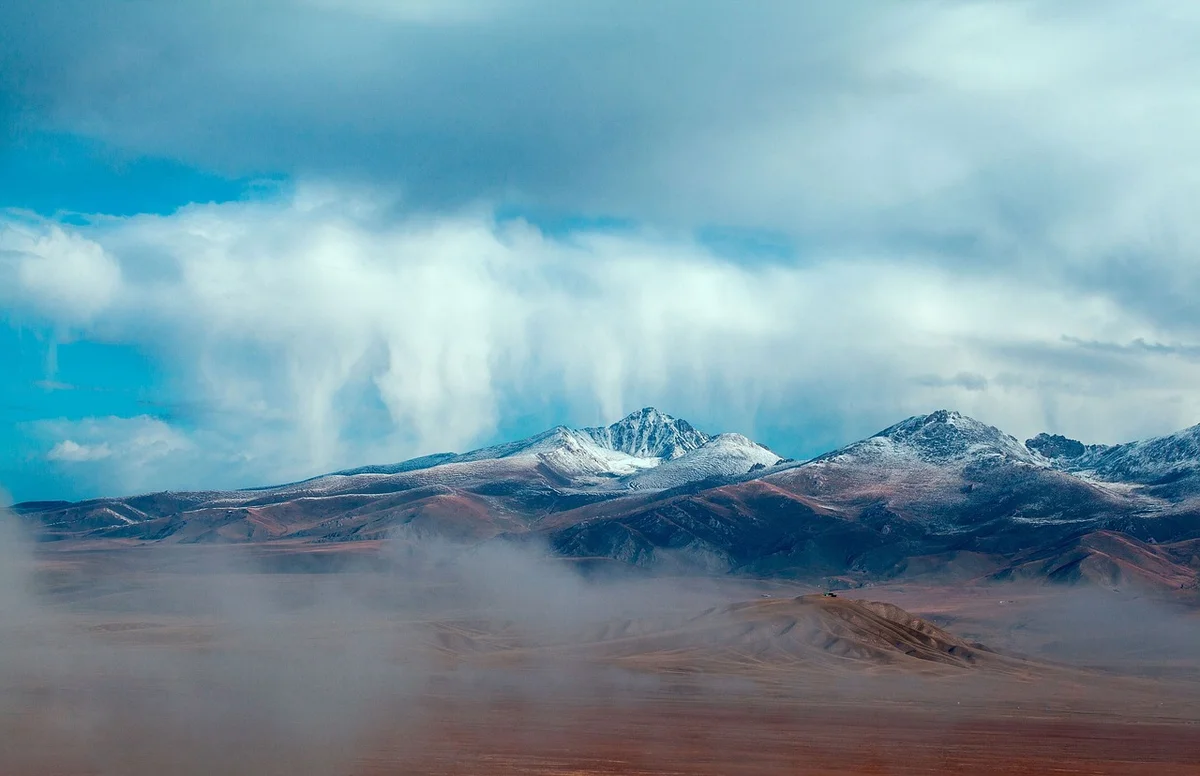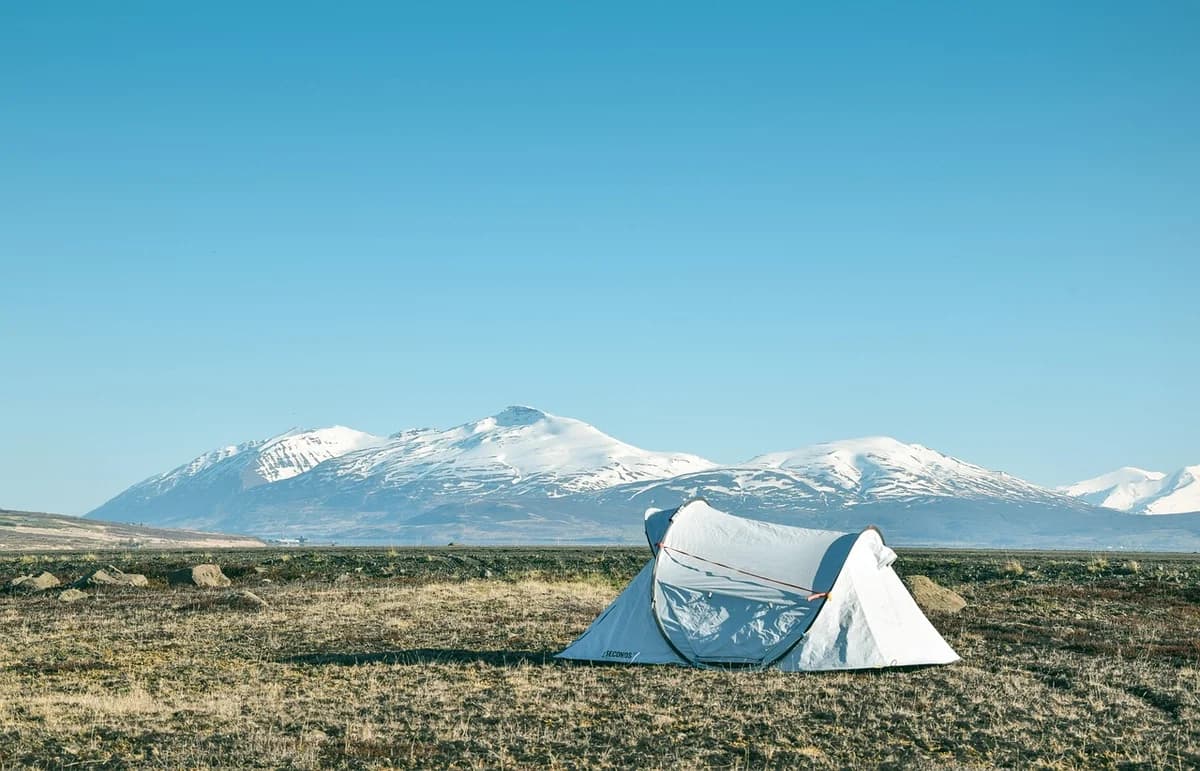Table of Contents
Why Remote Camping on Vacant Land Beats Everything Else
Crowded campgrounds.
Reserved months in advance.
Neighbors three feet away.
Sound familiar?
Here's the alternative:
Remote camping on vacant land.
Your land. Your rules. Total freedom.
No reservations. No crowds. No time limits.
In 2024, 11 million new households started camping. That means more competition for fewer spots.
But when you own the land?
You skip the chaos entirely.
The Legal Reality: Can You Camp on Your Own Land?
Short answer: Usually, yes.
But it depends on where you live.
Here's the breakdown:
| State Type | Camping Rules | Examples |
|---|---|---|
| Property-Rights Friendly | Minimal restrictions, no permits needed | Texas, Alaska, Idaho, South Dakota |
| Moderate Regulation | May need permits, duration limits | Most rural counties |
| Strict Regulation | Duration caps, facility requirements | Coastal states, developed areas |
Key restrictions to check:
- Maximum camping days per year (often 120 days)
- Fire restrictions during dry seasons
- Building codes for permanent structures
- Septic and water requirements
Pro Tip: Always check county regulations, not just state laws. County rules often supersede state guidelines.
The golden rule?
Call your county planning office before your first trip.
Ten minutes of research prevents major headaches.
The 10 Essentials: Gear You Cannot Skip

Remote camping means no backup.
No camp store. No ranger station. No cell service.
You need to be fully self-sufficient.
Here's your non-negotiable gear list:
Navigation
| Item | Why It's Essential |
|---|---|
| Topographic map | Works without batteries |
| Compass | GPS backup when tech fails |
| GPS device | Primary navigation |
| Offline maps downloaded | Phone backup |
Shelter & Sleep
| Item | Specification |
|---|---|
| 3-season tent | Waterproof, wind-resistant |
| Sleeping bag | Rated 10°F below expected temps |
| Sleeping pad | R-value 3+ for insulation |
| Emergency bivy | Backup shelter |
Water System
| Item | Purpose |
|---|---|
| Water filter (Sawyer, Katadyn) | Primary purification |
| Purification tablets | Chemical backup |
| 3-gallon capacity minimum | Storage for 2-3 days |
Emergency Communication
| Device | Range | Cost |
|---|---|---|
| Garmin inReach | Global satellite | $300-$500 |
| SPOT Gen4 | Global satellite | $150-$200 |
| Personal Locator Beacon | Global SOS | $250-$400 |
Don't have satellite communication?
Don't go.
Seriously.
Cell phones are useless on most remote land.
Water: The #1 Survival Priority

You can survive weeks without food.
Days without water.
And on remote land, there's no faucet.
Finding Water Sources
Look for these in order of reliability:
- Springs – Cleanest natural source
- Flowing streams – Moving water = fewer pathogens
- Lakes and ponds – Requires more purification
- Rainwater collection – Emergency backup
- Morning dew – Survival situations only
Water Purification Methods
| Method | Kills Bacteria | Kills Viruses | Kills Protozoa | Speed |
|---|---|---|---|---|
| Boiling (3+ min) | ✓ | ✓ | ✓ | Slow |
| Pump filter | ✓ | ✗ | ✓ | Fast |
| UV (SteriPen) | ✓ | ✓ | ✓ | Fast |
| Chemical tablets | ✓ | ✓ | Varies | 30 min |
| Gravity filter | ✓ | ✗ | ✓ | Passive |
Pro Tip: Use two methods. Filter first, then treat chemically. This covers all threats.
Water Math
A person needs 1 gallon per day minimum.
More if hiking, hot weather, or high altitude.
Plan for 1.5 gallons per person per day to be safe.
Wildlife Safety: Bears, Snakes, and Everything Else

Animals were there first.
You're visiting their home.
Respect that, and you'll be fine.
Bear Country Protocol
Bears don't want to meet you either.
Make noise while hiking. Talk, whistle, sing.
If you see a bear:
- Stay calm – Don't run
- Speak low – "Hey bear, I'm here"
- Back away slowly – Don't turn your back
- Make yourself big – Raise arms if it approaches
- Use bear spray – Only if it charges
Food Storage Rules
Bears have incredible smell. Seven miles of range.
Always store food:
- In bear canisters (required in many areas)
- Hung 10+ feet high, 4+ feet from trunk
- 200+ feet from your sleeping area
Watch Out: Never sleep with food in your tent. Ever. Not even a granola bar.
Snake Awareness
Most snake bites happen when people step on them.
Prevention:
- Watch where you step
- Use a flashlight at night
- Check boots before wearing
- Don't reach into places you can't see
Weather Emergencies: When Nature Turns Hostile

Weather kills more campers than wildlife.
That's not opinion. That's data.
Hypothermia Prevention
Hypothermia can occur at 50°F if you're wet and exhausted.
Warning signs:
- Uncontrollable shivering
- Confusion
- Slurred speech
- Clumsiness
Prevention:
- No cotton clothing (it loses insulation when wet)
- Wool or synthetic layers only
- Change out of wet clothes immediately
- Bring extra dry layers for evening
Heat Exhaustion Protocol
Desert camping creates opposite dangers.
Warning signs:
- Heavy sweating
- Weakness
- Nausea
- Dizziness
Treatment:
- Move to shade immediately
- Drink water with electrolytes
- Cool the body with wet cloth
- Rest until symptoms pass
Lightning Safety
If you hear thunder, you're at risk.
Immediate actions:
- Leave high ground and ridgelines
- Stay away from isolated trees
- Avoid water bodies
- Crouch low if caught in the open
Leave No Trace: The 7 Principles Every Camper Must Follow

Your land. Your responsibility.
But these principles protect the land for your grandchildren.
The 7 Core Principles
| Principle | What It Means |
|---|---|
| Plan Ahead | Research, permits, weather |
| Durable Surfaces | Camp on rock, gravel, or established sites |
| Dispose Properly | Pack out ALL trash |
| Leave What You Find | No collecting rocks, plants, artifacts |
| Minimize Fire Impact | Use existing fire rings or stoves |
| Respect Wildlife | Observe from distance, secure food |
| Be Considerate | Quiet hours, space from others |
Human Waste Protocol
This matters more than most people realize.
The cathole method:
- Dig 6-8 inches deep
- At least 200 feet from water
- At least 200 feet from trails
- Cover completely when done
- Pack out toilet paper (or use natural alternatives)
Pro Tip: Bring a dedicated trowel. Digging with sticks is frustrating and ineffective.
Emergency Preparedness: When Things Go Wrong
Hope for the best. Prepare for the worst.
Remote camping means help could be hours—or days—away.
Before You Leave
Create an emergency plan:
- Share your itinerary – Exact locations, dates, routes
- Set check-in times – Missed check-in = send help
- Identify nearest hospital – Know the driving time
- Download offline maps – GPS coordinates of campsites
- Write it down – Paper backup of all critical info
First Aid Essentials
Your kit should handle these scenarios:
- Severe bleeding (tourniquets, pressure bandages)
- Fractures and sprains (splints, wraps)
- Burns (burn gel, sterile dressings)
- Allergic reactions (antihistamines, EpiPen if prescribed)
- Dehydration (oral rehydration salts)
- Wound infection (antibiotics if legally possible)
Signaling for Rescue
If lost or injured without communication:
- Whistle – Three blasts = distress signal
- Mirror – Signal aircraft with reflected light
- Fire/smoke – Visible for miles
- Ground signals – Large X or SOS in clearing
The 7 Biggest Mistakes That Ruin Remote Camping Trips
Learn from others' failures.
These are the most common.
1. Not Testing Gear Before the Trip
That new tent? The one you've never set up?
It's missing a pole.
Always test gear at home first.
2. Underestimating Water Needs
"I'll find a stream."
Famous last words.
Bring more water than you think you need. Always.
3. Ignoring Weather Forecasts
Weather apps don't work without signal.
Check forecasts before leaving home. Write them down.
4. Choosing Bad Campsites
Low spots flood. Dead trees fall. Animal paths invite visitors.
Scout your site before dark.
5. Leaving Food Unsecured
A raccoon will absolutely destroy your cooler.
Bears will destroy your car.
Secure everything. Every night.
6. No Emergency Communication
"Cell phones work everywhere now."
No, they don't.
Satellite messengers cost money. So do helicopters.
7. Skipping the Trip Plan
Nobody knows where you are.
Nobody knows when you should return.
Nobody will come looking.
Always file a trip plan with someone at home.
Camping on Your Land vs. Public Land: The Comparison
Why go through all this effort for your own land?
Here's the honest comparison:
| Factor | Your Land | Public Land (BLM/Forest) |
|---|---|---|
| Time Limit | Unlimited | 14 days max |
| Reservations | Never needed | Sometimes required |
| Improvements | You can build | Not allowed |
| Privacy | Complete | Varies |
| Cost | Land purchase + taxes | Free or $5-15/night |
| Rules | Your choice | Strict regulations |
| Access | Guaranteed | Can close seasonally |
The biggest advantage of your own land?
No 14-day rule.
Stay as long as you want. Come back whenever you want.
Build a fire pit. Install a water catch. Put up a permanent shelter.
Try doing that on BLM land.
Frequently Asked Questions
Is it legal to camp on my own vacant land?
In most cases, yes.
But check local regulations. Some counties limit camping duration, require permits, or mandate facilities like septic systems for stays exceeding certain lengths.
What's the biggest danger of remote camping?
Weather emergencies and getting lost.
Wildlife attacks are rare. Weather-related incidents are common.
Carry proper gear and navigation tools.
How much water should I bring?
1.5 gallons per person per day minimum.
More in hot weather or high activity. Always bring water purification as backup.
Do I need satellite communication?
Yes.
If you're camping where cell phones don't work, satellite communication isn't optional. It's essential.
Can I build a fire on my own land?
Usually yes, but check fire restrictions.
Many areas ban fires during dry seasons regardless of property ownership. Fines can be substantial.
How do I keep bears away?
Store all food 200+ feet from your sleeping area in bear canisters or hung properly. Cook and eat far from your tent. Never bring food into your shelter.
What if I get lost on my own land?
Stay put. Signal for help. Use your emergency communication device.
If you filed a trip plan, rescuers will know where to look.
Is remote camping safe for beginners?
Start with shorter trips (1-2 nights) close to your vehicle.
Build skills gradually. Don't attempt week-long backcountry trips without experience.
Your Next Steps to Remote Camping Freedom
Remote camping on vacant land isn't just camping.
It's independence.
No reservations. No crowds. No time limits.
Just you and your land.
Here's your action plan:
- Check local regulations – Call county planning office
- Scout your property – Find water sources and flat ground
- Assemble your gear – Use the checklist above
- File a trip plan – Tell someone where you're going
- Start small – One-night trip first, then expand
Ready to find your perfect piece of remote land?
The adventure starts with the land itself.
Ready to Find Your Remote Camping Land?
No more crowded campgrounds. No reservations. No time limits. Own your own piece of wilderness for unlimited off-grid adventures.
